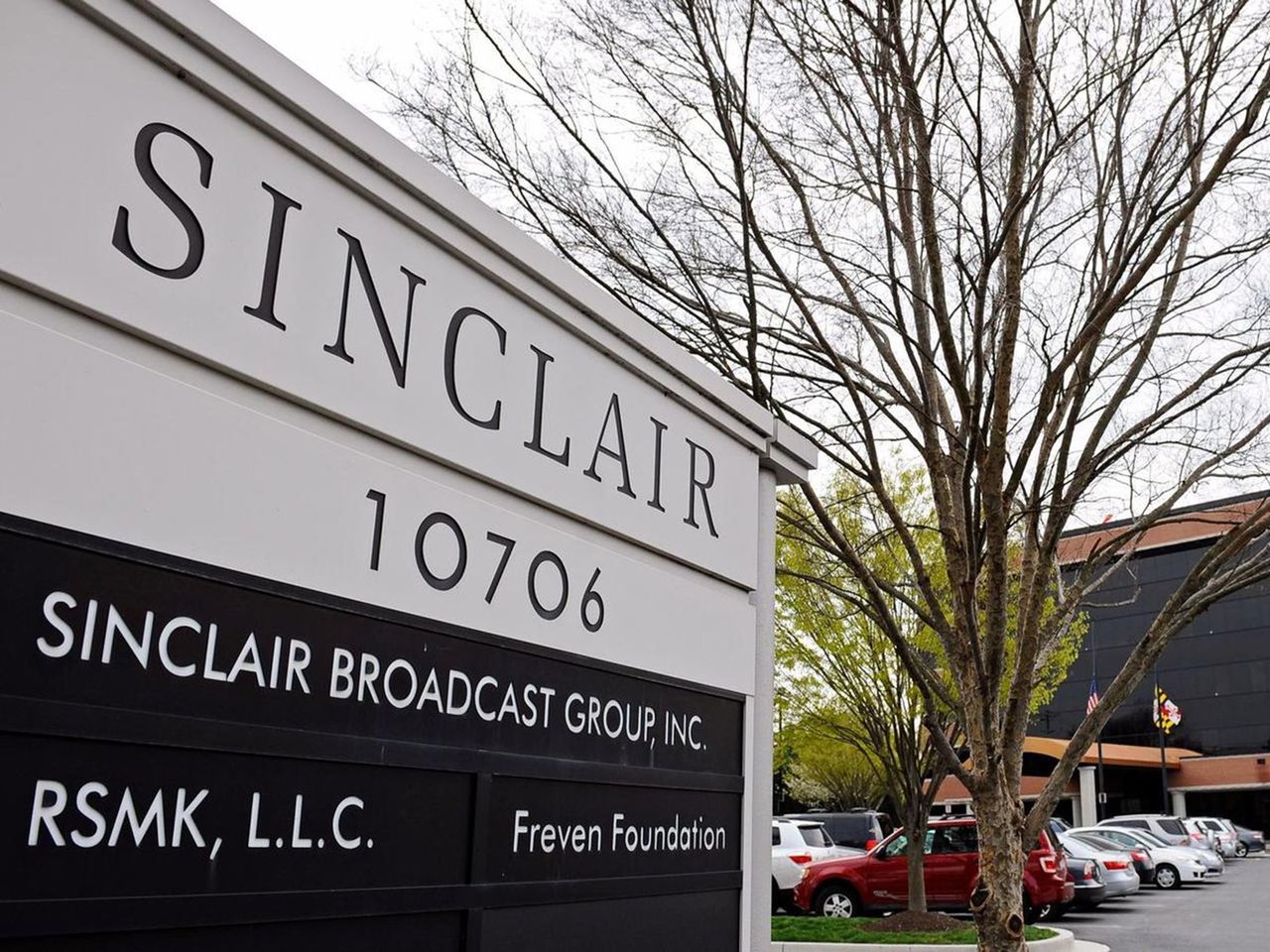Incentive auction OK'd
Congress has passed the long-awaited spectrum auction legislation, and the President has signed it into law.
Television broadcasters got most, but not all, of what they were hoping for. The act (1) requires the FCC to make “all reasonable efforts” to preserve existing television station coverage; (2) prohibits the involuntary moving of broadcasters from UHF to VHF or from high-band VHF to low-band VHF; (3) provides for a one-time auction; (4) establishes a relocation fund of $1.75 billion; and (5) requires coordination with Canada and Mexico on border concerns.
However, the definition of “broadcast television licensee” for the purposes of incentive auctions is limited to full-power television stations and “Class A” television stations. LPTV licensees got only a single provision stating that nothing alters their current spectrum-usage rights.
Other important features of the auction legislation are:
- Stations that agree to forego reimbursement for relocation costs may make flexible use of their spectrum, including non-broadcast uses, as long as they continue one free television program stream. The act says nothing about such ancillary uses by stations that do not relocate.
- Stations that agree to share a channel will retain their current cable carriage rights.
- No stations may be permitted to move from VHF to UHF unless they file a request by May 31, 2012, so most VHF stations will remain in VHF.
- Rights to protest license modifications, otherwise available under Section 316 of the Communications Act, are suspended.
- Nothing in the act is intended to prevent the FCC from implementing its “white-space” rules.
- Public-safety operators using TV channels 14 to 20 in the top-10 markets will have to give those frequencies back after 11 years.
A major question left unanswered by Congress is precisely how much money is likely to be paid to any particular TV licensee opting to make its spectrum available for repurposing. Through repurposing, a TV licensee could either (1) turn in its spectrum, (2) move to a different channel or (3) share a channel with another station. To determine what the payout will be, the commission will have to conduct a “reverse auction” in which any licensee interested in repurposing may submit bids stating the amount it would accept for voluntarily relinquishing some or all its spectrum.
Meanwhile, the commission also will conduct a “forward auction” to sell off the spectrum made available by the repurposing. The proceeds from that auction will provide the pot from which payments will be made; later, the amount to be paid to individual participants will be based on the results of the reverse auction, but with no details now as to how much of any participant's reverse auction bid would actually be paid.
Congress decided the FCC may not exclude big wireless entities such as AT&T and Verizon from the forward auction. However, the FCC may implement policies to promote competition, by authorizing limits on spectrum holdings (either nationally or on an individual market basis) by any one entity.
Get the TV Tech Newsletter
The professional video industry's #1 source for news, trends and product and tech information. Sign up below.
The FCC now must tie up the many loose ends left by Congress through issuing rules for the auction. How many broadcasters will agree to repurpose, how much the wireless entities will bid and how long the process will take are open questions. Some estimate it will be four to six years before any television spectrum becomes available for wireless broadband use.
Dateline
- On or before June 1, 2012, noncommercial television and Class A television stations in Arizona, the District of Columbia, Idaho, Maryland, Nevada, New Mexico, Utah, Virginia, West Virginia and Wyoming must file their biennial ownership reports.
- On June 1, 2012, television stations, Class A television, LPTV stations and television translators in Maryland; Virginia; West Virginia; and Washington, D.C., must file their license renewal applications. Television and Class A television stations in those locations must begin their renewal post-filing announcements on June 1.
- On June 1, 2012, television and Class A television stations in North Carolina and South Carolina must begin their pre-filing renewal announcements in anticipation of an Aug. 1, 2012, renewal application filing date.
- On June 1, 2012, television and Class A television stations must place their 2012 EEO reports in their public files and post them on their websites: Arizona, the District of Columbia, Idaho, Maryland, Michigan, Ohio, Nevada, New Mexico, Utah, Virginia, West Virginia and Wyoming.
Harry C. Martin is a member of Fletcher, Heald and Hildreth, PLC.
Send questions and comments to: harry.martin@penton.com
